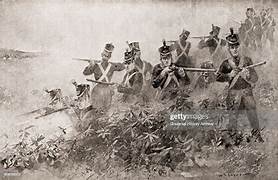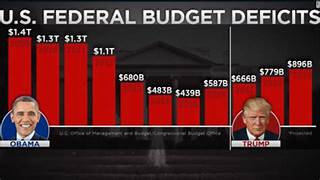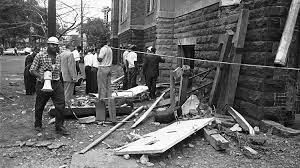On November 7, 1811, a pivotal battle took place in the United States that would have a significant impact on the country's history. Known as the Battle of Tippecanoe, it was fought between the forces of the United States and a confederation of Native American tribes led by Shawnee Chief Tecumseh and his brother, Tenskwatawa, also known as the Prophet.
At the time, tensions were high between Native American tribes and the expanding United States. The U.S. government sought to acquire more land for settlement and development, often encroaching upon Native American territories. In response, Tecumseh and the Prophet sought to unite tribes across the Midwest to resist American expansion and protect their ancestral lands.
The battle took place near the Tippecanoe River in Indiana Territory, where Governor William Henry Harrison led a force of U.S. soldiers. Harrison, who would later become the 9th President of the United States, was known for his aggressive stance towards Native American tribes and was determined to assert American authority in the region.
The U.S. forces arrived at Prophetstown, the headquarters of the Native American confederation, with the intention of negotiating a peaceful resolution. However, tensions escalated, and a skirmish broke out in the early morning hours of November 7, 1811.
The battle was intense and lasted for several hours. Both sides suffered significant casualties, with the U.S. forces ultimately emerging as the victors. The Native American confederation was forced to retreat, and Prophetstown was burned to the ground.
The Battle of Tippecanoe had far-reaching consequences for both the United States and Native American tribes. It was seen as a significant victory for the U.S. government, bolstering its position in the ongoing conflicts with Native American tribes and furthering its expansionist goals.
For the Native American confederation, the defeat at Tippecanoe dealt a severe blow to their efforts to resist American encroachment. It weakened their unity and influence, ultimately leading to the decline of their movement.
Moreover, the battle had broader implications for the relationship between Native Americans and the United States. It fueled tensions and conflicts that would continue for decades, culminating in the forced removal of Native American tribes from their ancestral lands in the infamous Trail of Tears.
The Battle of Tippecanoe also had political ramifications. Governor Harrison's victory boosted his reputation and played a role in his later presidential campaigns. The battle became a significant part of his political narrative, highlighting his military prowess and commitment to American expansion.






